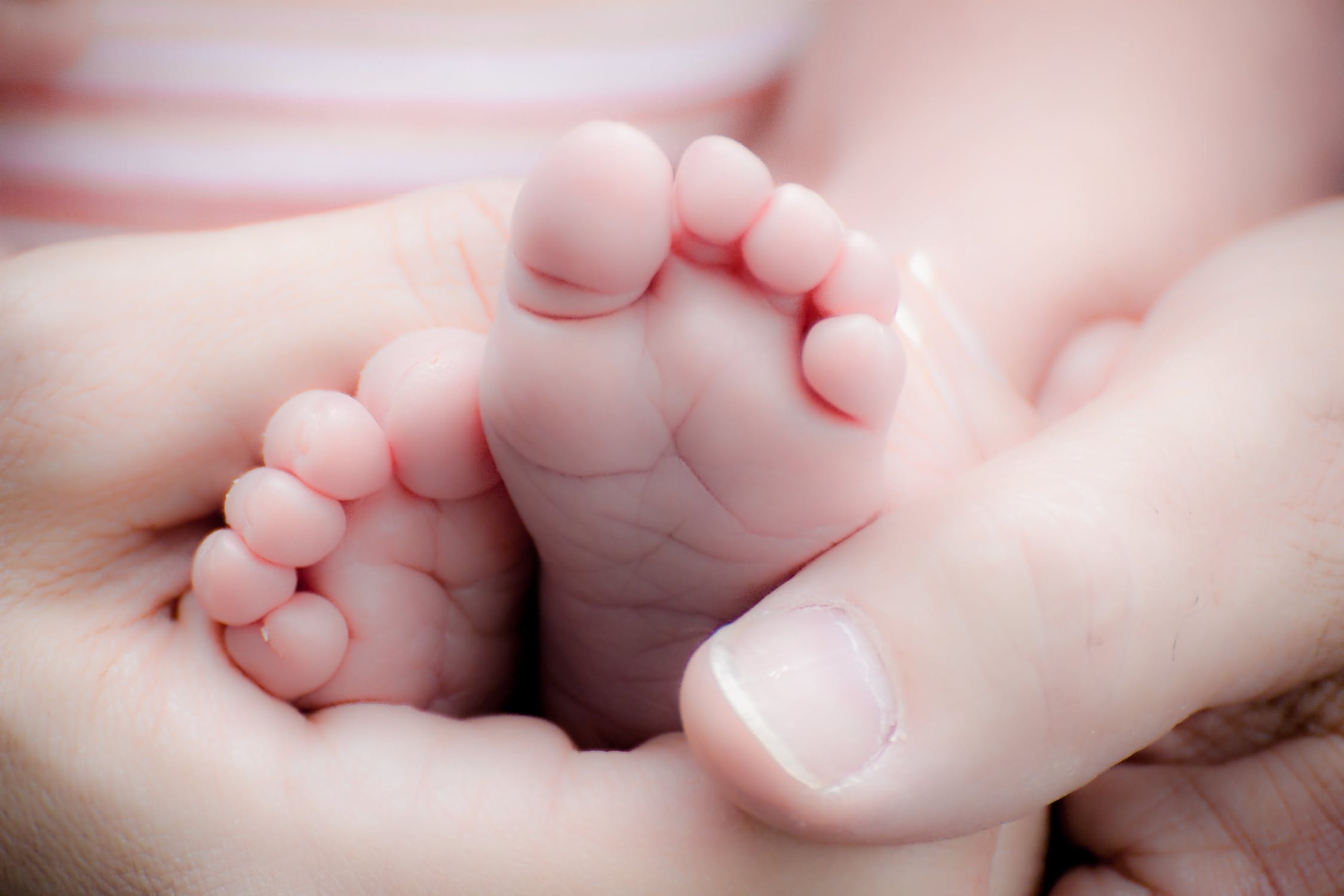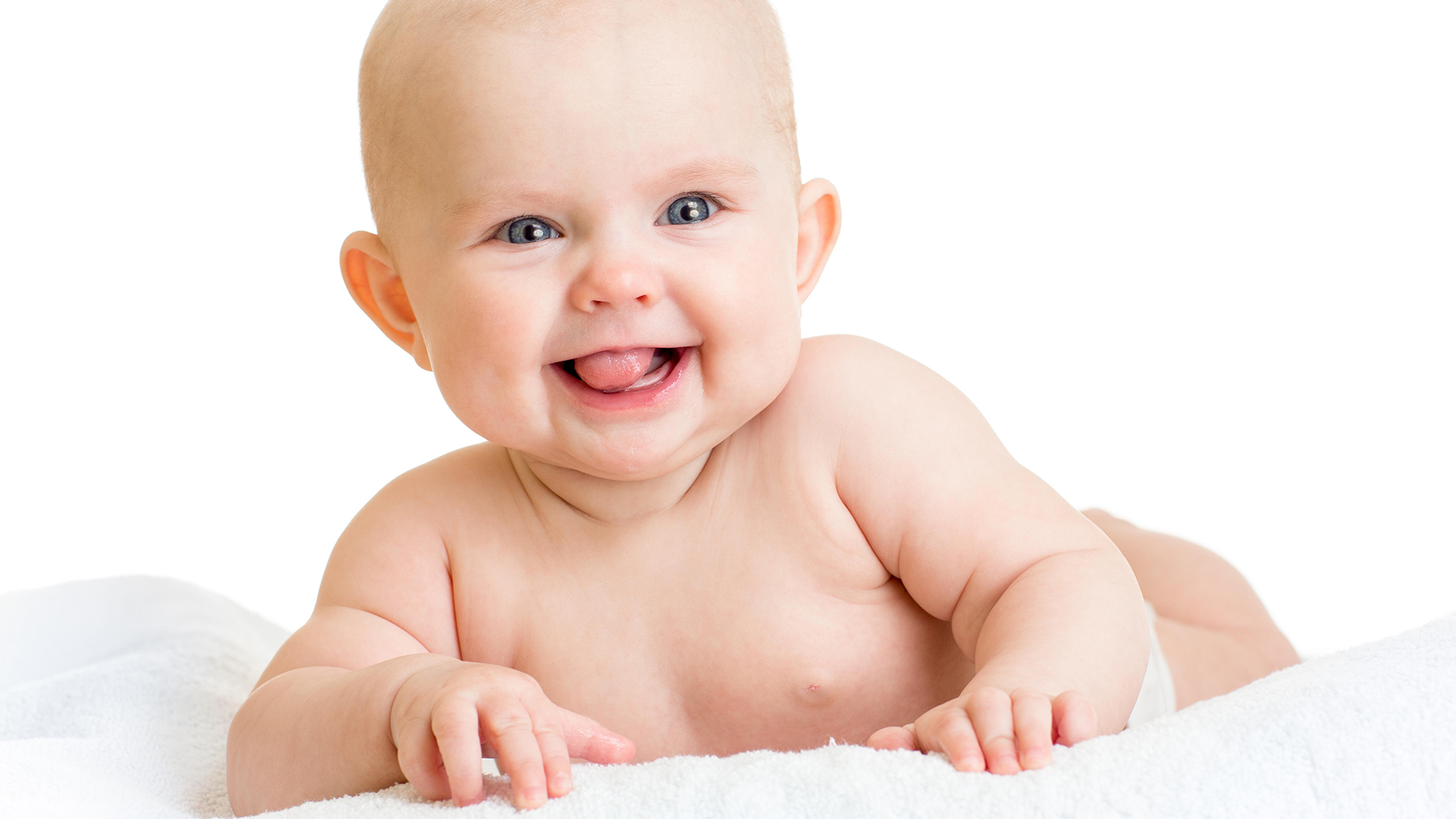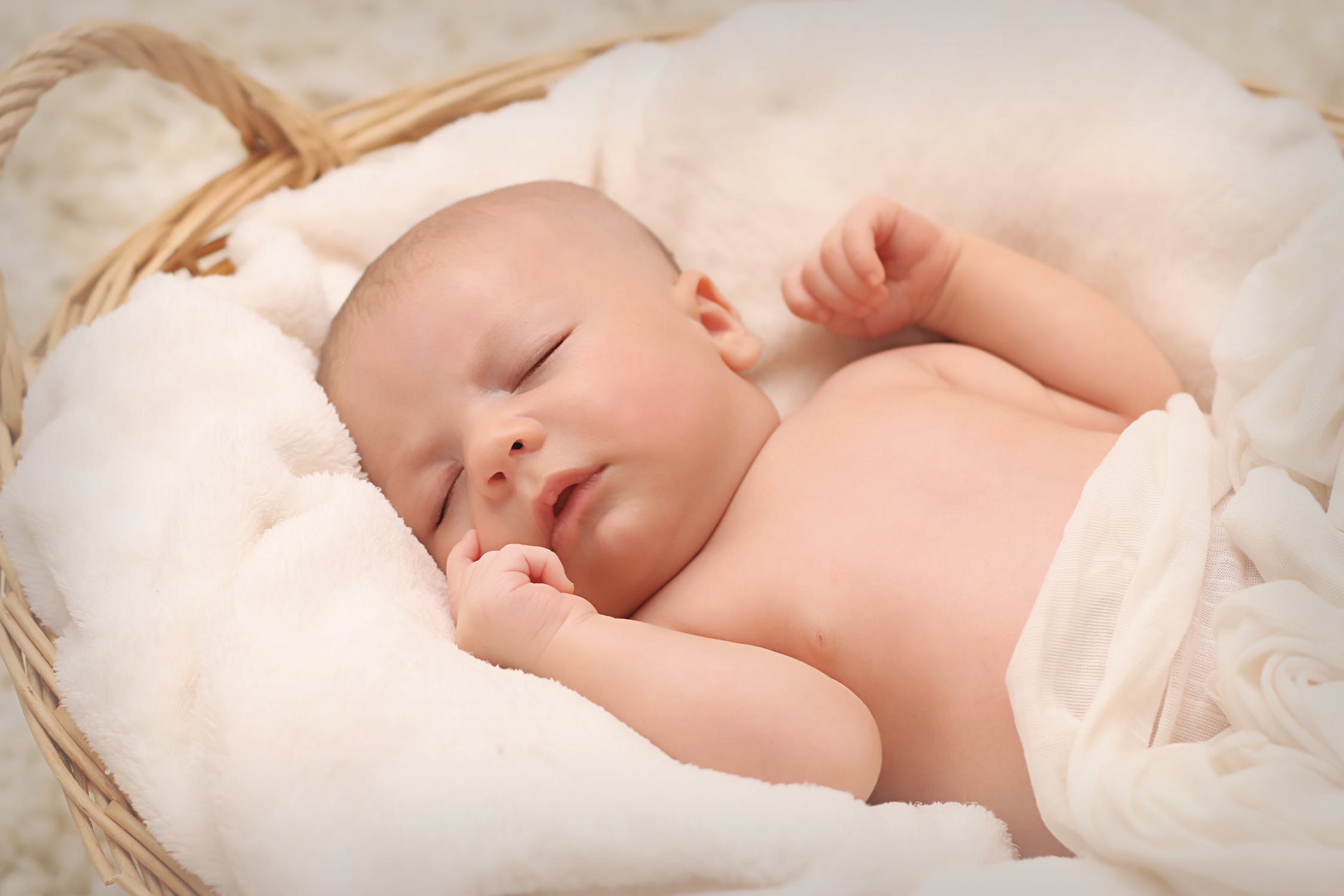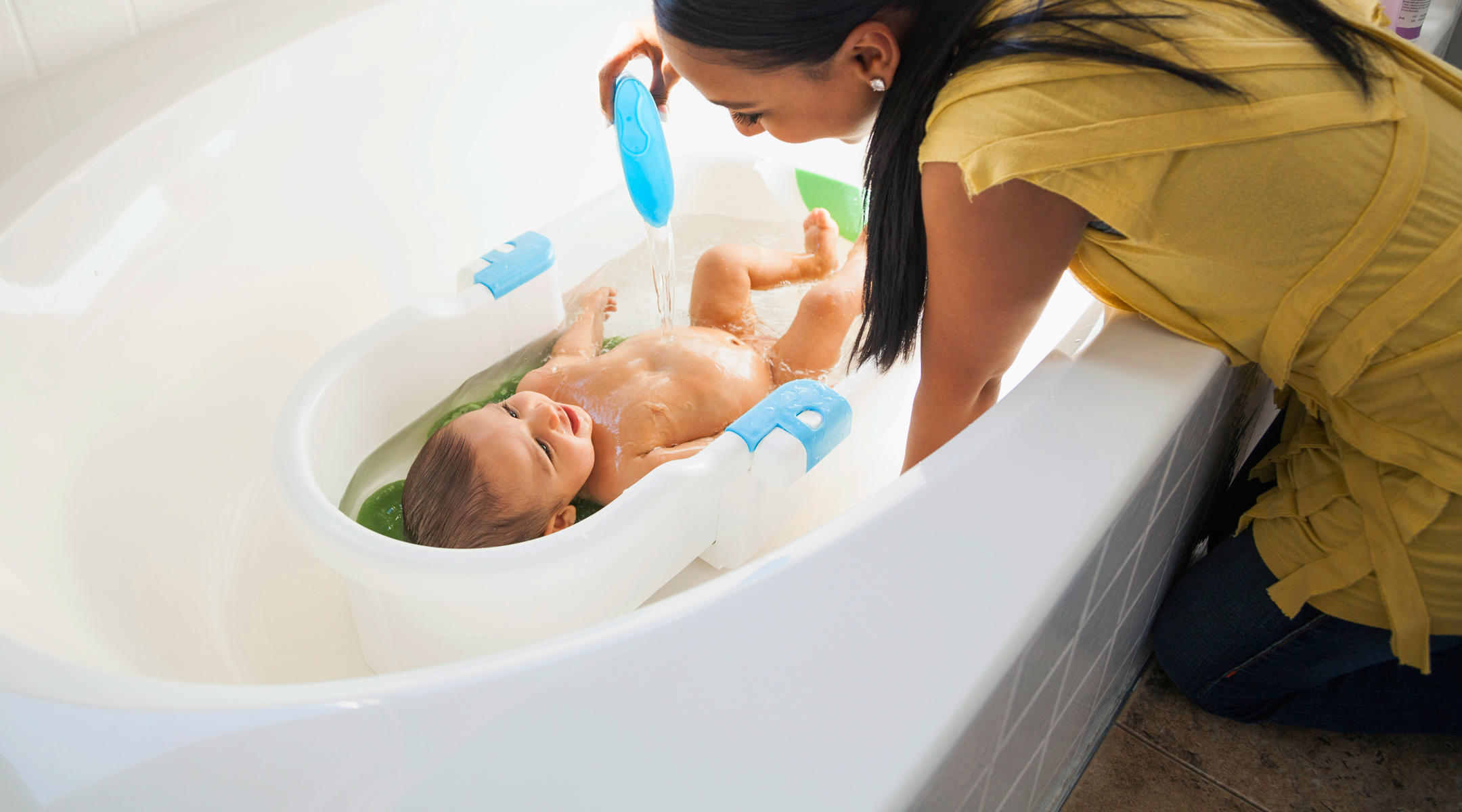Chlorine in showering water: Sensitive baby skin needs safe bathing
Skin of infants, nursling and children up to three years of age is extremely sensitive because they have a very thin surface layer of skin and an underdeveloped defense system. Besides, children’s gingivitis and sweat glands did not advanced properly.
Shower filter removes chlorine, heavy metals, and other unwanted water filters prevent the germination of bacteria and balance the pH value. Purified water does not dry out or irritate the skin. It is certainly recommended for people with skin allergies and for children!
 Aside from the rapid drying of the skin, the exceptionally thin surface hydrolipidic protective layer of the child’s skin allows permeability of harmful and toxic substances to the child’s body. This bandwidth has been especially increased in tonsils, armpits and in diaper-covered areas. The water you use to bathe your baby contains chlorine, stone and heavy metals that easily penetrates into a child’s body, but which also damages adults. To maximize your baby’s safety, the best solution is shower filters, which remove chlorine and other impurities from the water and which have a beneficial effect on the health of your loved ones. We must not ignore the fact that when we are taking a bath or showering with warm or lukewarm water, we also inhale chlorine.
Aside from the rapid drying of the skin, the exceptionally thin surface hydrolipidic protective layer of the child’s skin allows permeability of harmful and toxic substances to the child’s body. This bandwidth has been especially increased in tonsils, armpits and in diaper-covered areas. The water you use to bathe your baby contains chlorine, stone and heavy metals that easily penetrates into a child’s body, but which also damages adults. To maximize your baby’s safety, the best solution is shower filters, which remove chlorine and other impurities from the water and which have a beneficial effect on the health of your loved ones. We must not ignore the fact that when we are taking a bath or showering with warm or lukewarm water, we also inhale chlorine.
We suggest you also to read ” Top 20 reason why you should filter water”
The baby’s skin is five times thicker than the skin of the adult, it is indigestible, sensitive to influences from the environment, it is easy to dry out and hence, especially up to the age of three and that’s why it requires special care. In addition to the importance of regular and thorough hygiene, it is also important the way you take care of your baby skin because inadequate washing and care products can change the skin’s pH and make it dry, red and damaged. Tips for bathing a baby:
- It is best to choose just clean filtered water for babies. Several drops of olive oil can be put into the water for infant care, but avoid antibacterial and odorous soaps. There is no need to use sparkling baths, especially during the first year, because they remove natural oils from the skin. The room temperature should be about 24 degrees Celsius and the water temperature around 37 degrees.
- After bathing, it is very important to gently dry the skin bumps beneath the armpits and chin, between the legs, the ears and the diaper. Dry their skin by gently pressing and do not rub it. The lower layers of the skin are not mature and are sensitive.

- Hair does not have to be watshed when bathing, and if you choose to wash a child’s hair with shampoo during the first year, choose those that do not contain synthetic smells and colors or irritating preservatives.
- Enjoy your baby’s bathing. Make it a real little ritual and do it almost always at the same time. When bathing, do not make sudden moves to avoid scare your baby.
- If your baby cries while bathing, try to stay calm and send that feeling to your baby. 10 minutes would be enough for baby bath.
- Use moisturizing creams or lotions to put them only on the spot where the skin is dry. It is not recommended to apply oils all over your body! Oils contain small quantities of water and can dry out the skin.
 How to choose the best cosmetics for your baby?
How to choose the best cosmetics for your baby?
Ask about the manufacturer’s reputation and make sure that the creams and baths do not contain potentially harmful ingredients. It is safest to choose products with as little chemical ingredients (eg additives that give color and scent). Avoid the artificial colors and scents ingredients (DEA, TEA), as well as highly allergenic and irritating preservatives (paraben, quaterinum 15, imidazolidinyl urea). Mineral oils and menthol, peppermint and citrus are also not recommended.


 BiH
BiH
